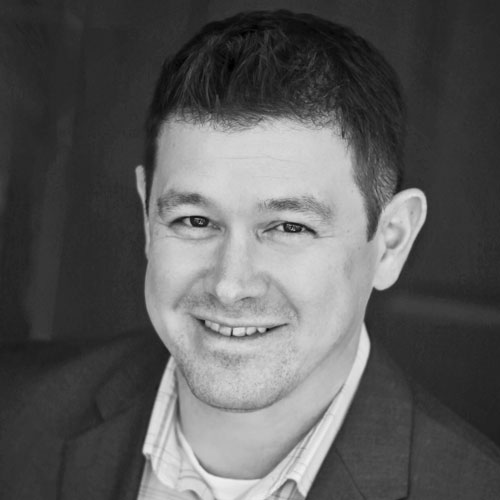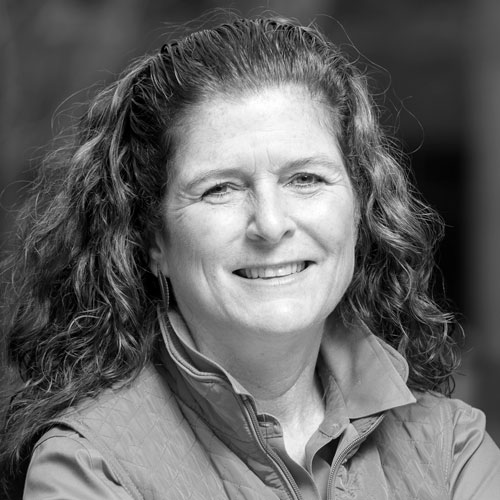As a member of Royal Dutch Shell’s health global leadership team, as well as leading the health function in the Americas, Faiyaz Bhojani works tirelessly with a cadre of professionals to address the health and well-being, occupational and environmental health, and safety of employees and the communities they work in.
Bhojani says that the health leadership team has developed an innovative approach to create what he calls a Culture of Health philosophy. Culture of Health is transforming the boundaries of traditional corporate health and wellness by creating an ecosystem at work, which emphasizes basic drivers of human behavior such as economic, social, and psychological well-being, and then combining those with efforts to nurture individual optimism, resilience, hope, and self-efficacy. The goal is to help employees be the best they can be in all facets of life.

“Today’s work environment is filled with change and uncertainty, which the brain perceives as threats. That negatively impacts decision-making and problem solving,” Bhojani explains. “If we create an environment that fosters positivity, then our brain perceives it as a reward, which helps increase engagement, collaboration, creativity, and innovation.”
Shell assists in this approach through creating an enabling work environment supported by tools, activities, and policies. That includes healthy cafeteria food choices, healthy cooking demonstrations, collaborative workspaces, fitness centers, walking trails, smoking cessation, and fatigue management. Collaborative, individual, and team contests—such as a Fitbit step challenge—as well as standing and walking meetings, encourage physical activity. These all contribute to creating a supportive environment that fosters healthy behaviors.
Sessions focused on building resilience have also replaced stress management and are among the more unique aspects of performance. These voluntary groups address topics such as building a positive culture, maintaining a hopeful outlook, nurturing a positive self-image, and accepting change. Organizational surveys have consistently shown a positive correlation between session participants and increased engagement that lasts more than two years after participating.
“We need to look at everything that we do through a lens of care,” Bhojani explains. “In the same way that we look after our children, we need to do the best for our employees. If they feel that we’re truly caring for them and helping to make them the best they can be, then they will give their best efforts in return.”
Since implementing this approach, leaders at Shell are asking important questions such as, “How did you perform when you worked for an uncaring supervisor,” and, “How was your performance impacted when you worked for a supportive supervisor?” Using recent developments in topics such as neuroscience and brain functioning, Bhojani says the company has built a case for the approach that senior executives are starting to model. For example, they go to the fitness center during business hours and have implemented a new maternity policy that provides 120 days of paid leave globally, which is above and beyond the legal requirement, Bhojani says.
“By not just talking the talk, but walking the walk, we create an inspiring and empowering environment,” Bhojani says. “It’s leadership by example and through commitment.”
Bhojani characterizes all the progress that’s been made in creating a culture of health and care as a team effort by a group of sincerely passionate, committed, and visionary people. And the results of this cultural change journey have been noticed externally. Shell Health has been recognized by the American Heart Association, the US Chamber of Commerce, Houston Business Coalition on Health, and the Health Enhancement Research Organization. Bhojani says he is proud and humbled by the recognition, but there is still a long way to go.
In fact, throughout this journey, Bhojani has been influenced by his father’s advice: “Nothing is impossible.” In one notable instance, Bhojani persevered through four levels of establishment at the University of Texas School of Public Health even after multiple administrators insisted on enforcing their requirement for GRE and the Test of English as a Foreign Language scores. This was in spite of the fact that he had already completed medical school in Pakistan—in English. Ultimately, he met with the school’s dean, whom he convinced to waive the requirements.
Bhojani imparts that same persistence and willingness to question authority to his own team.
“When something is proposed, I always encourage my team to ask, ‘Why are we doing this, and how does this help our people?’” he says. “On the other hand, when we’re told we cannot do something, I always ask, ‘Why not?’ It’s how I empower and inspire my team.”
As he looks to the future, Bhojani sees a work environment that will be drastically different from today’s. He believes automation, robotics, artificial intelligence, machine interfaces, and remote employment will create an entirely new landscape with continual change and uncertainty that companies need to start planning for now.
“I am surprised that so many large organizations still look at developing and rewarding people, performance, and health and wellness with a twentieth-century perspective,” Bhojani says. “How we work will completely change in the next 10–20 years, so I trust we can help organizations now to start adapting to and coping with what’s coming.”


